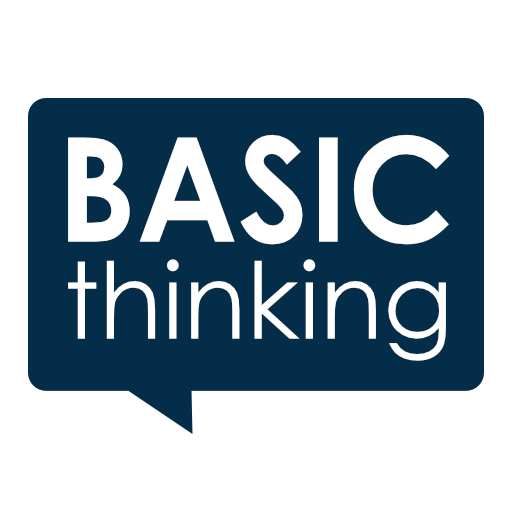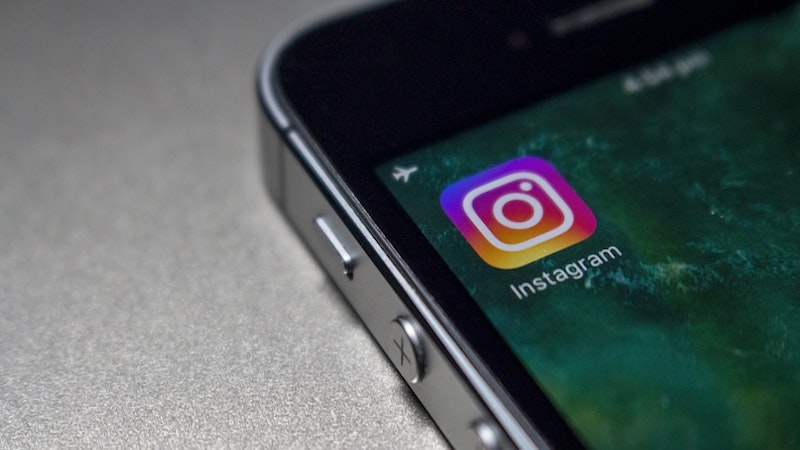Microsoft has officially confirmed that it is in negotiations with the Chinese group Bytedance to take over parts of its subsidiary Tik Tok. This could give Microsoft an unexpected role in the technology industry and oust Facebook. An analysis.
Microsoft is something like the boring grandpa in the technology world. The company, currently led by CEO Satya Nadella, is one of the largest and most important technology companies in the world. And yet the Windows group is no longer really one of the dangerous competitors.
This was also shown only recently at the hearing by the US Congress, where Google, Amazon, Facebook and Apple (GAFA) had to testify. It seems that not even the competition authorities in the USA believe that Microsoft is dominant.
A Tik-Tok takeover would be the big deal for Microsoft
Now Microsoft is facing the biggest deal of the past months or even years. As the company itself officially confirmed, it is in talks with the Chinese technology group Bytedance.
Specifically, this involves the partial takeover of the subsidiary and the social video app Tik Tok. Donald Trump is threatening to ban it in the USA. But apparently Satya Nadella’s plan to take over the Tik-Tok business in the USA, Canada, Australia and New Zealand is working.
The US president agrees to the plan – under two conditions. On the one hand, the US government should be given a financial stake in the takeover. On the other hand, the deal must be completed by September 15, 2020.
However, if the deal were to be concluded, Microsoft itself would suddenly become insanely relevant in the global technology and marketing scene. Ultimately even Facebook could lose its dominant position within a few months.
What at first sounds absurd is not so unlikely on closer inspection. A comparison.
Microsoft vs. Facebook: The networks in comparison
Actually, you would think that Facebook would clearly win on this point. After all, Mark Zuckerberg’s company with Facebook, Instagram and WhatsApp has over 2.5 billion active users every month.
In contrast to LinkedIn, which has been part of Microsoft since 2016. In comparison, the career network currently has “only” 700 million active users per month. But these users are much more exciting for companies, HR managers and marketing experts.
After all, LinkedIn users are only on the platform with a professional intention. This is much more interesting, especially from an economic perspective, than millions of largely inactive, private Facebook and Instagram accounts.
If you add to this the more than 800 million very young and active Tik-Tok users, Facebook and Instagram are becoming serious competitors. And the more than 80 million US Tik-Tok users are already an exciting market.
Workplace by Facebook vs. Microsoft Teams
In the field of professional communication in companies, Facebook has been trying for several years to make its own brand “Workplace by Facebook” attractive for companies. However, this has been more difficult than right.
Of course the platform is used. But Microsoft Teams has grown from 20 million to over 75 million professional users in the Corona pandemic alone – and the trend is rising.
If Microsoft has a competitor in this environment, it is not Facebook, but rather the popular communications manager Slack.
WhatsApp vs. Skype
The only area where Facebook is well ahead of Microsoft is in 1-to-1 communication. There is no way around the more than two billion active WhatsApp users every month. Skype, on the other hand, only has just over 300 million users.
In addition, Skype is of course mainly used in a business context and for video telephony, while WhatsApp dominates private communication around the globe.
Moreover, WhatsApp has long since become more than just a messenger. Through group chats, video telephony, free calls, GIFs and the like, the service has developed into a general-purpose weapon.
The only criticism in this context: Although Facebook boss Mark Zuckerberg has been almost obsessively trying to monetize WhatsApp for years, all plans have so far largely failed.
Only recently, Facebook in Brazil – the world’s second largest market – had to discontinue the payment function WhatsApp Payments just a few weeks after the official roll-out. And the same function has also been stuck in the test phase in India, the largest WhatsApp market, for years.
Once again, it is clear that when it comes to monetizing and professionally marketing the users, Facebook is not able to convince in the long term. The 300 million monthly active Skype users are probably at least as attractive.
Microsoft vs. Facebook: The business models in comparison
Of course, the comparison between Microsoft and Facebook can still be continued in many areas. However, it is interesting to conclude with a look at the diversification of the individual companies.
Here Facebook is on the one hand. The social network earns billions in profits through advertising quarter after quarter. However, Mark Zuckerberg is also dependent on these revenues. More than 95 percent of his revenue comes from advertising – a second source of financing is de facto non-existent.
The situation at Microsoft is quite different. In recent years, the software group has managed to diversify largely unnoticed. Just a look at the shareholdings and takeovers shows in which areas Microsoft Facebook is also still standing out:
- With several cloud computing services such as Azure, for example, Microsoft is an important technical player.
- With the Xbox game console and the popular game Minecraft, Microsoft dominates a significant part of the global gaming and hardware scene.
- Through the Surface series, which consists of tablets and mobile laptops, Microsoft also plays a central role in mobile work concepts for many companies and private users.
- Bing is the second largest search engine in the western world after Google. In combination with Tik Tok, this creates an exciting option for advertisers.
- The Office package continuously generates very high revenues by switching to the subscription model. At the same time, Microsoft secures access to millions or even billions of professional users in a professional context.
- Last but not least, Microsoft’s core business is of course still the stationary Windows operating systems. Although these have lost in importance with the rise of smartphones, they are still a very large business area.
Then there are also supposedly less important areas such as the Cortana language assistant. In all the sectors mentioned, Facebook plays de facto no role at all – and that is unlikely to change.
Conclusion: Microsoft is not an Internet grandpa, but the secret star
So it’s time to rethink our image of Microsoft. The dusty and sometimes boring reputation of the company does not do it justice. In fact, for years Microsoft has managed to continuously expand its own business model without attracting attention from the masses.
How many Minecraft players know that they are currently supporting Microsoft? How many LinkedIn users have in mind that they are in the Windows universe? In either case, the percentage is likely to be very small.
This is partly because, unlike Facebook (and also Google and Amazon), Microsoft is not aggressively trying to dominate the market, but is acting calmly and calmly. In this respect, a partial takeover of Tik Tok would only be the next piece of the puzzle for an impressive overall picture.





